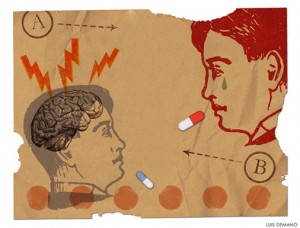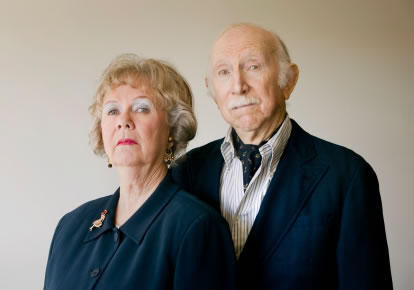Published: November 24, 2010
 Tomorrow kicks off the Thanksgiving Holiday south of the border. We celebrated Thanksgiving over a month ago here in Canada but I’ll take any excuse for another turkey dinner 😉
Tomorrow kicks off the Thanksgiving Holiday south of the border. We celebrated Thanksgiving over a month ago here in Canada but I’ll take any excuse for another turkey dinner 😉
When all is said and done, and all the eating, spending, and football watching is over, lets remember that the spirit of this holiday is about gratitude. Oh and yes, I know its probably corny and maybe not very original but here is my top 10 list of things that I am grateful for:
1. My wonderful husband. Yes there it is, Ive been and gone and said it (and its my #1)!
2. My four sons. Oh yeah they drive me crazy but I love them warts and all!
3. Mac and Portia, what’s not to love about my Scotty dogs?
4. My wonderful friends – near and far (you all know who you are).
5. My health. As I age I now understand how important good health is.
6. My mind, and the fact that it is intact ( although my sons would probably say otherwise).
7. My job, I am so lucky to have a job I love, where I get to meet and play a part in helping some wonderful people.
8. Living in Canada in beautiful, safe British Columbia.
9. The lovely ladies in my sons lives, and the positive influence they have —oh and lets not forget how I love it when they make supper!
10. Music, that keeps me dancing to a different beat 😉
I’d love to hear what’s your top ten gratitude list.
post by Kathy James @Shrinkgurl
Published: November 24, 2010
Post Traumatic Stress Disorder leaves the patient suffering from severe anxiety for months or years after the event — is often associated with battlefield combat and natural disasters. But as Dr. Frank Ochberg, a clinical professor of psychiatry at Michigan State University, noted in an interview, the typical trigger is more mundane — most commonly, a traffic accident.
The New York Times takes a look behind the facade of Post Traumatic Strress Disorder. Curious? Continue reading
Source: New York Times
Published: November 23, 2010

Most patients who take anti-depressants give up their treatment in less than six months, the minimum period recommended for treating severe depression and other derived pathologies. This is the conclusion of a new study carried out by Catalan researchers, which reveals that only 25% continue their treatment for more than 11 months.
“Only one in every five patients properly completes their treatment”, Catalina Serna, co-author of the study, and an expert at the Jordi Gol Primary Care Research Institute (IDIAP) in Lleida, tells SINC. [continue reading…]
Published: November 23, 2010

Image: iStockphoto
Upper-class people have more educational opportunities, greater financial security, and better job prospects than people from lower social classes, but that doesn’t mean they’re more skilled at everything. A new study published in Psychological Science, a journal of the Association for Psychological Science, finds surprisingly, that lower-class people are better at reading the emotions of others. [continue reading…]
 Tomorrow kicks off the Thanksgiving Holiday south of the border. We celebrated Thanksgiving over a month ago here in Canada but I’ll take any excuse for another turkey dinner 😉
Tomorrow kicks off the Thanksgiving Holiday south of the border. We celebrated Thanksgiving over a month ago here in Canada but I’ll take any excuse for another turkey dinner 😉

